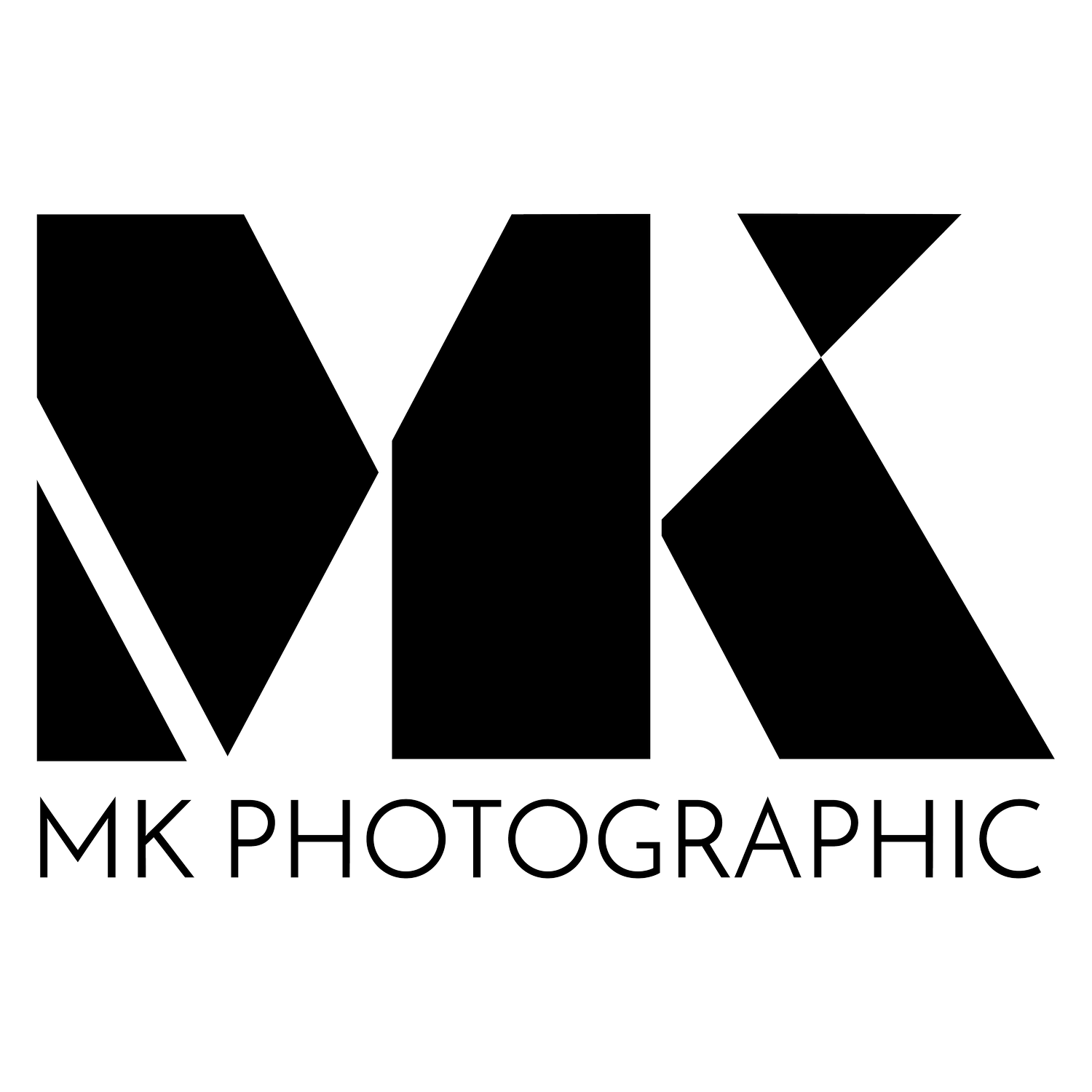A wedding ceremony backdrop is more than just a decorative element; it sets the stage for your vows and plays a significant role in creating breathtaking wedding videos. Here are the top trends in backdrops that are transforming ceremonies into cinematic masterpieces:
1. Floral Arches with Modern Twists
Traditional floral arches are being reinvented with asymmetrical designs, pampas grass, dried flowers, and bold color palettes. These backdrops create a romantic frame for the couple while adding texture and depth to the video.
2. Minimalist and Geometric Designs
Clean lines and geometric shapes, such as hexagons or circles, have become popular for modern weddings. Often paired with greenery or subtle florals, these sleek designs provide a contemporary aesthetic that photographs and films beautifully.
3. Natural Elements and Earthy Tones
Rustic and boho themes incorporate natural materials like wood, stone, or macramé. Backdrops made of driftwood or adorned with neutral tones seamlessly blend with outdoor venues, creating a serene and organic look on camera.
4. Hanging Installations
Floating backdrops, such as suspended flowers, lanterns, or crystal strands, offer a dreamy, ethereal vibe. These designs add movement and dimension, making your ceremony space dynamic and visually captivating.
5. Bold, Statement Walls
From lush greenery walls to bold floral installations and neon signs, statement walls are trending for couples who want to make an impression. They serve as a striking focal point, perfect for both ceremony shots and guest photos.
6. Light and Shadow Play
Incorporating lighting elements like fairy lights, Edison bulbs, or projection mapping enhances the backdrop's visual impact. The interplay of light and shadows creates dramatic effects that look stunning in videos shot during golden hour or evening ceremonies.
7. Cultural and Traditional Accents
Backdrops inspired by cultural motifs or traditions, such as mandaps for South Asian weddings or chuppahs for Jewish ceremonies, are being designed with a modern twist. These backdrops honor heritage while adding sophistication to the overall aesthetic.
8. Monochromatic Themes
Single-color backdrops with varying shades and textures offer a sleek, sophisticated look. Whether it’s all-white roses or various shades of blue, these cohesive designs make a dramatic statement in wedding films.
9. Nature as the Backdrop
For outdoor weddings, the surrounding landscape serves as the ultimate backdrop. Think ocean views, mountain ranges, or lush gardens—nature itself provides unmatched beauty that videographers love to capture.
10. Personalized and Interactive Backdrops
Custom backdrops featuring meaningful quotes, initials, or interactive elements like guest participation walls add a personal touch. These unique designs bring storytelling into the ceremony space, making the video even more memorable.
Tips for Choosing the Perfect Backdrop
Venue Compatibility: Ensure your backdrop complements the venue’s style and surroundings.
Lighting Considerations: Work with your videographer to ensure the backdrop looks great under various lighting conditions.
Balance: Choose a design that enhances the ceremony without overpowering the main focus—you and your partner!
Conclusion
The backdrop you choose for your wedding ceremony not only reflects your personal style but also enhances the visual storytelling of your wedding film. By embracing these trends, you can create a stunning setting that looks incredible in person and even better on video.



